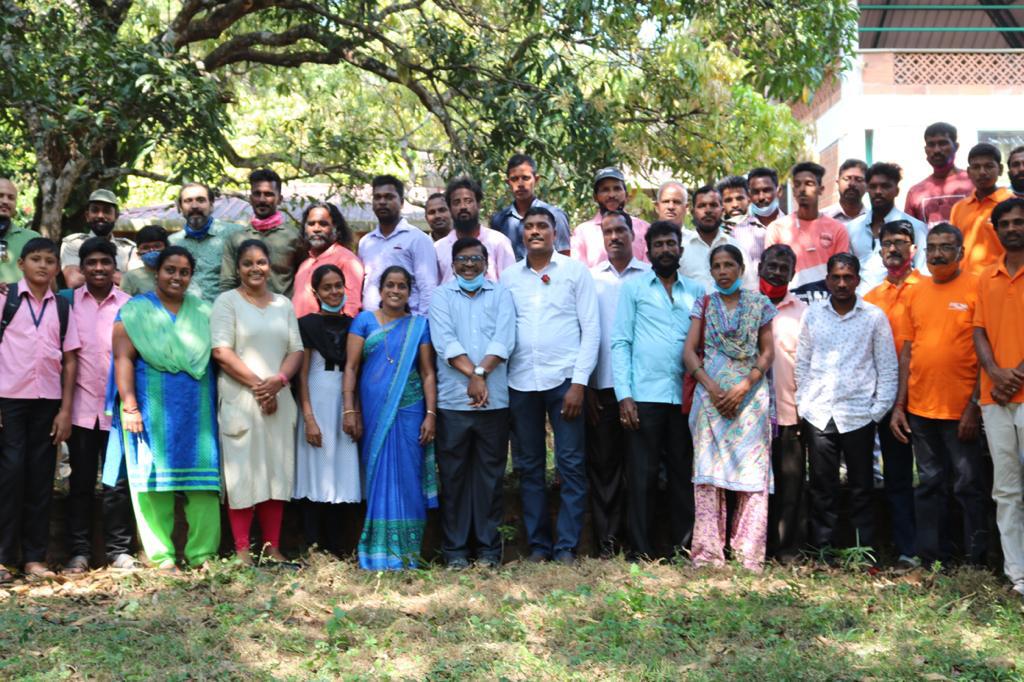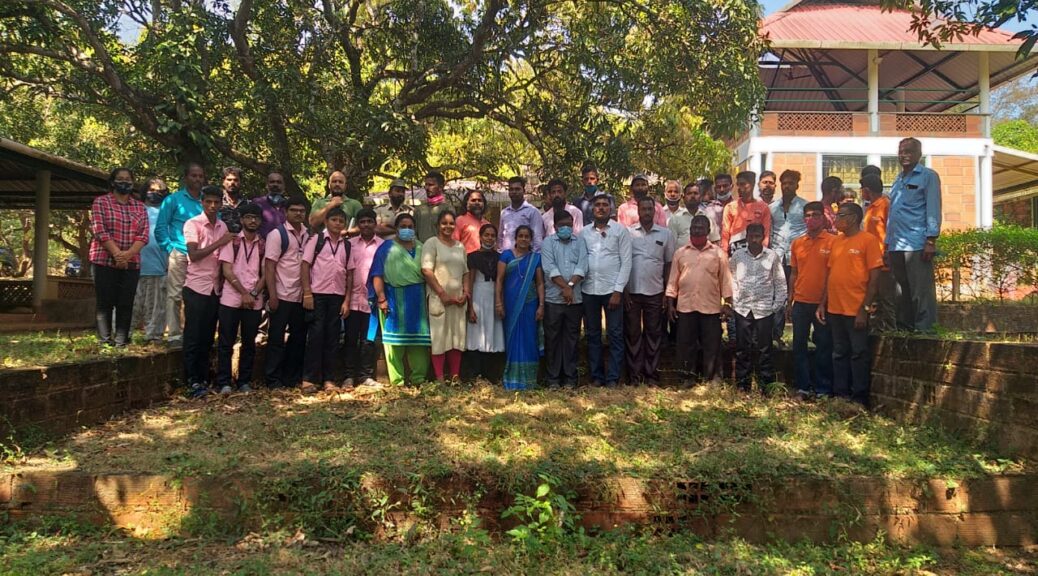
Sea Turtle Conservation (STC) Workshop for Contact Persons and Stakeholders
Every year, we conduct the stakeholder meet for our Sea Turtle Conservation project. On 25th November 2020, we organised a Sea Turtle Conservation (STC) Workshop at our Centre for Experiential Living (CEL) in Kundapur. The Workshop was attended by 48 participants including 18 Contact persons of the STC project, 6 members from the Fisheries Society, 7 youth group members, 5 students from Soma Bangera College, and 4 staff from Reef Watch. This was one of the biggest gathering we had since many years.
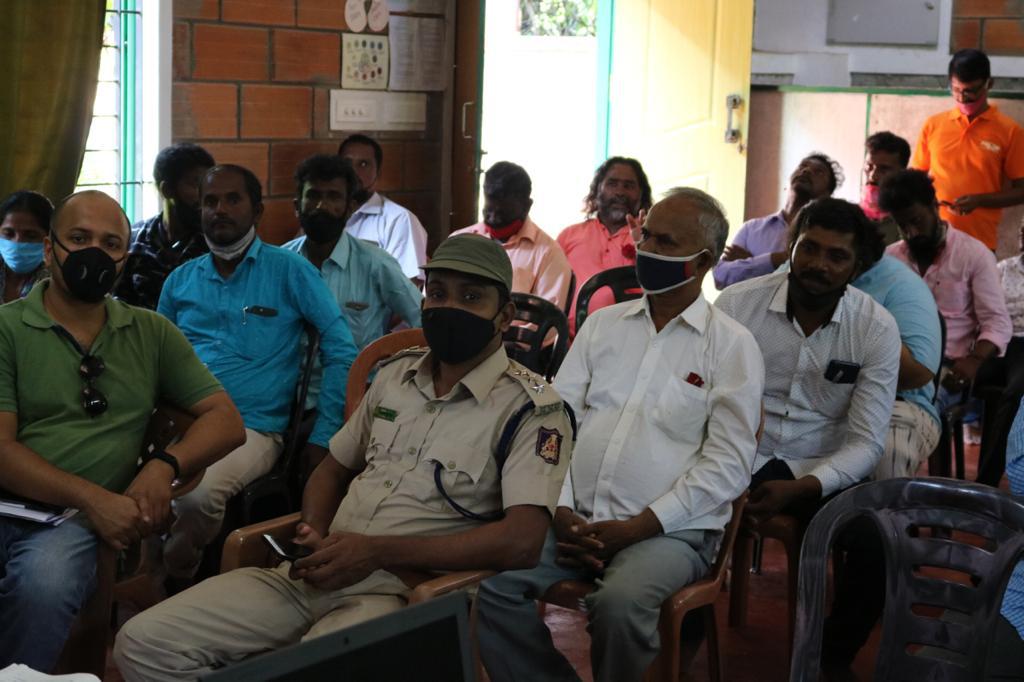
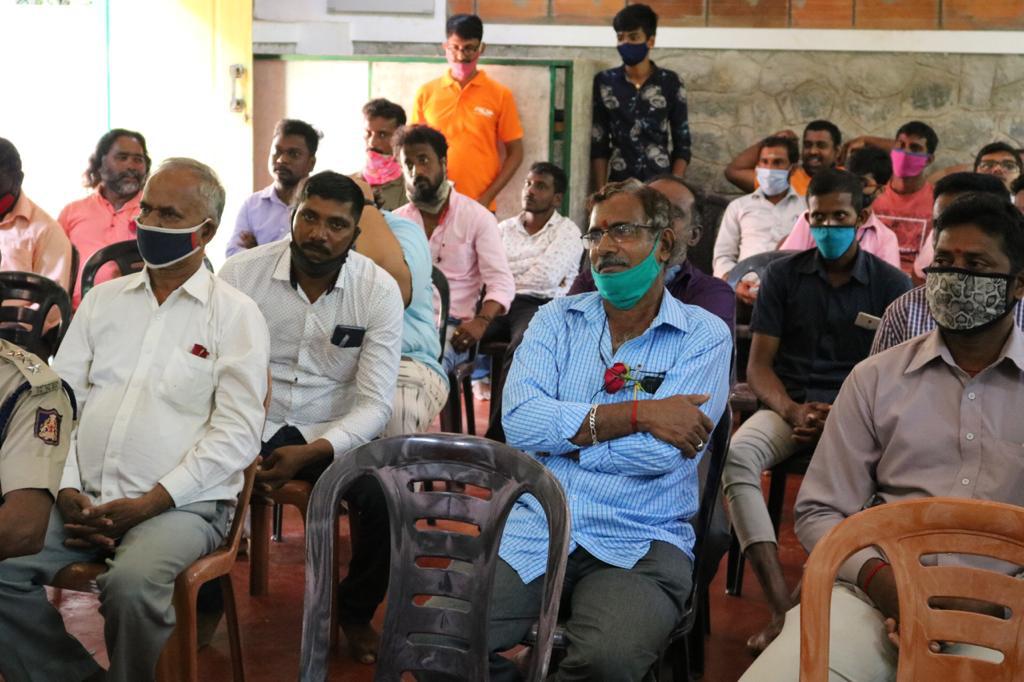
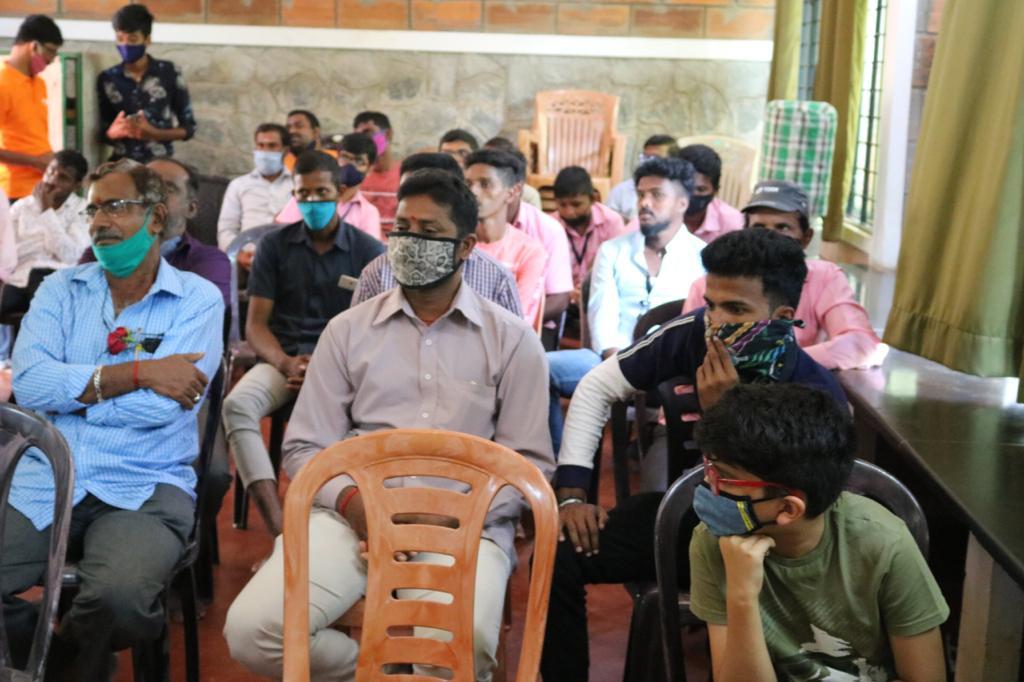
The Objectives of the Workshop were to:
- Provide an update on the STC project for 2020-21, and bring increased awareness among Contact Persons, Volunteers and other Stakeholders of the project
- Strengthen the network comprised of Forest Department, Reef Watch and the Contact Persons
- Finalise the program activities for 2021-22, provide clarity on roles and responsibilities
- Prepare volunteers in identifying sea-turtle nests and to refer wounded turtles for treatment
- Identify additional awareness programs that are needed for the community
- Provide a platform for the Contact Persons and stakeholders to share their experience and knowledge.
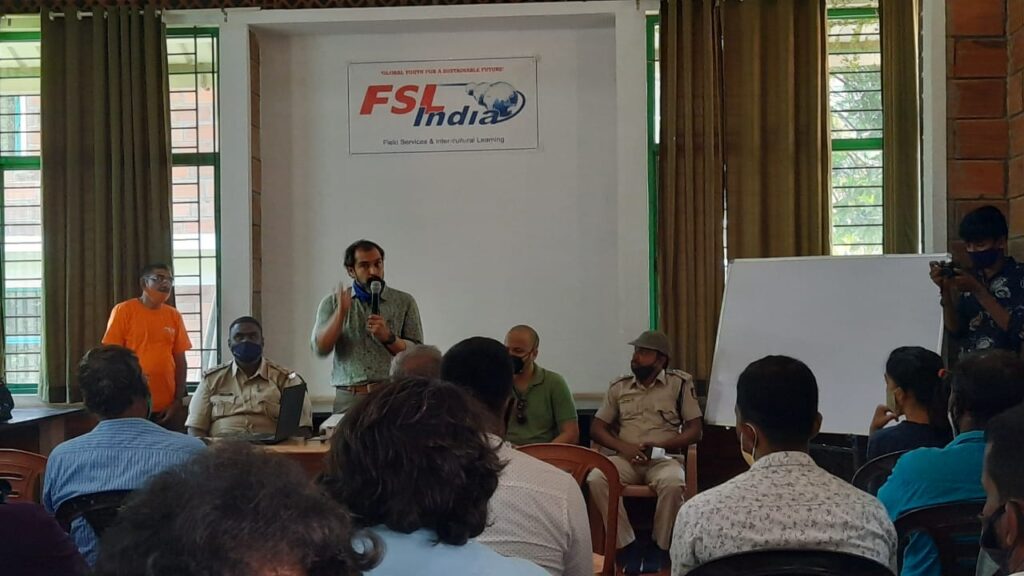
The Chief Guests for the Workshop were Mr. Prabhakar Kulal (Range Forest Officer RFO, Kundapura), Mr. Nanjappa (Coastal Security Police Inspector CSPI), Dr. Shanthanu (Reef Watch), Mr. Nagappaya (President of Gangoli Fisheries Society) and Mr. Bhaskar (Ex-President of Ambedkar Youth Club at Gangolli).
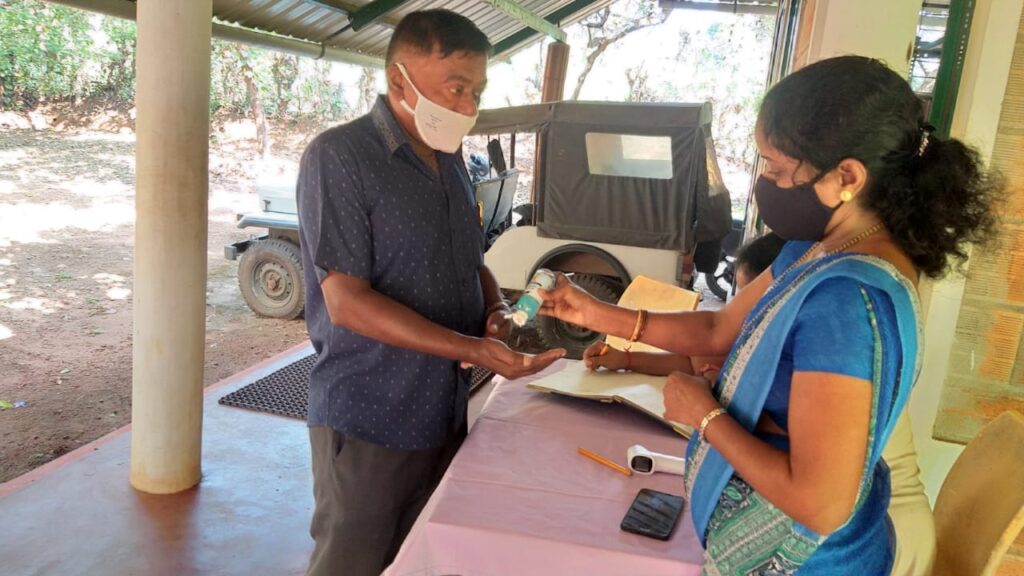
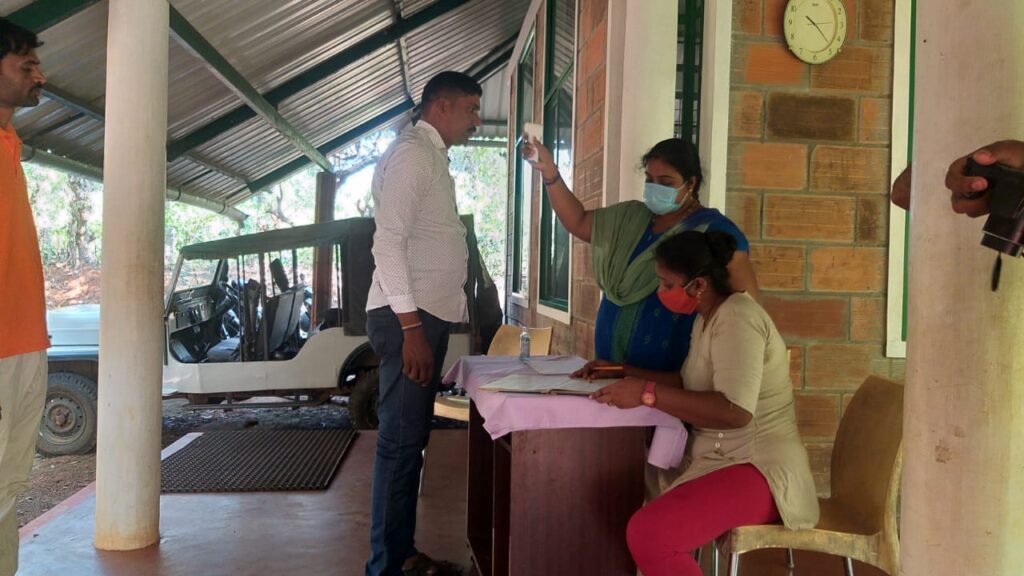
The staff at the registration desk ensured that the participants were aware of following COVID-19 norms, and masks were provided to those participants who did not carry their own. FSL-India’s President Mr. Rakesh Soans presided over the meeting along with the facilitators of the workshop – Mr. Venkatesh (Senior Program Manager), Mr. Manjunath B (Sea Turtle Conservation Project Coordinator) and Mr. Dinesh (LTV Chief Coordinator).
The meeting started with the introduction of the Contact persons, staff and the volunteers by Mr. Venkatesh. This was followed by a project update on the progress made in 2020-21 and video screenings on the hatcheries and rescued wounded turtles.
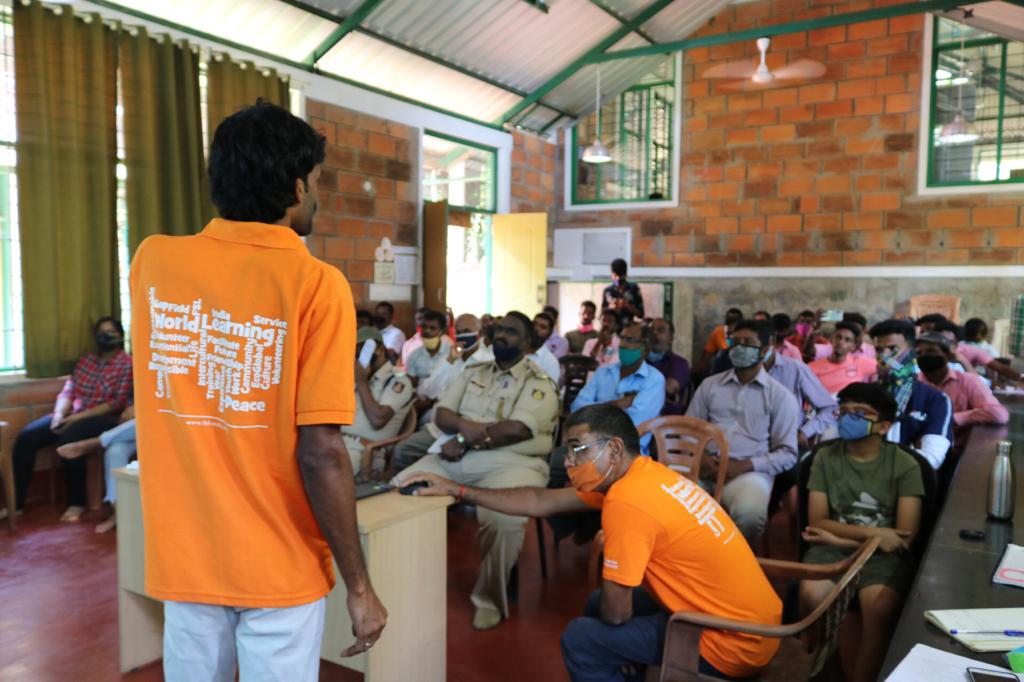
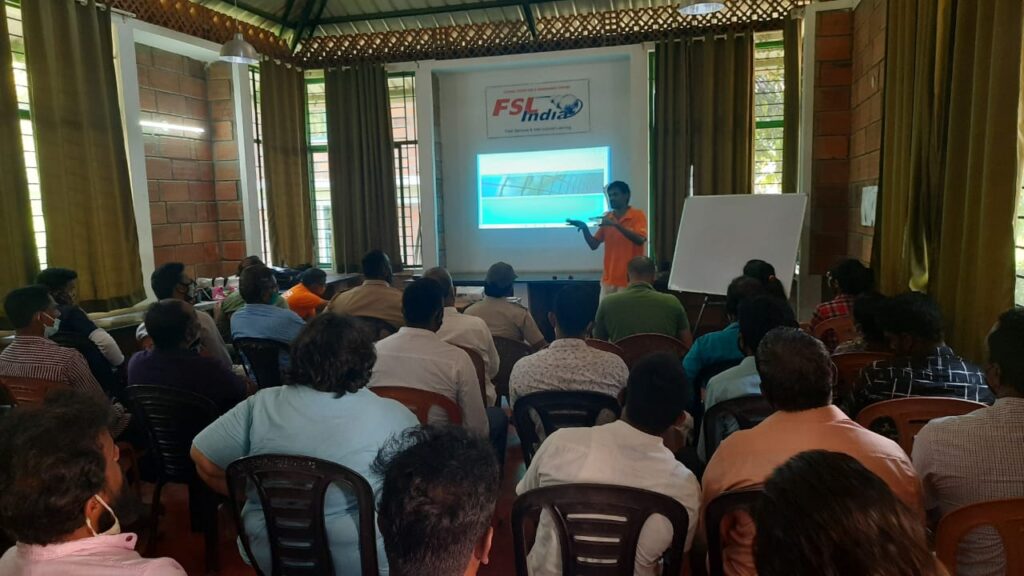
Mr. Rakesh Soans shared a history of the Sea Turtle Project and his experience in addressing the larger issues in partnership with various stakeholders. He shared the story of how he started the project way back in 2005, being fascinated by the experience of visiting the hatchery run by Forest Dept 40 years ago when he was a child. He expressed that the youth and school children should be made aware of these amazing creatures. Mr. Manjunath B. then presented about the life cycle of a Sea Turtle, the role that Sea Turtles play in the Bio-diversity, and the threats to their existence and solutions to address these threats.
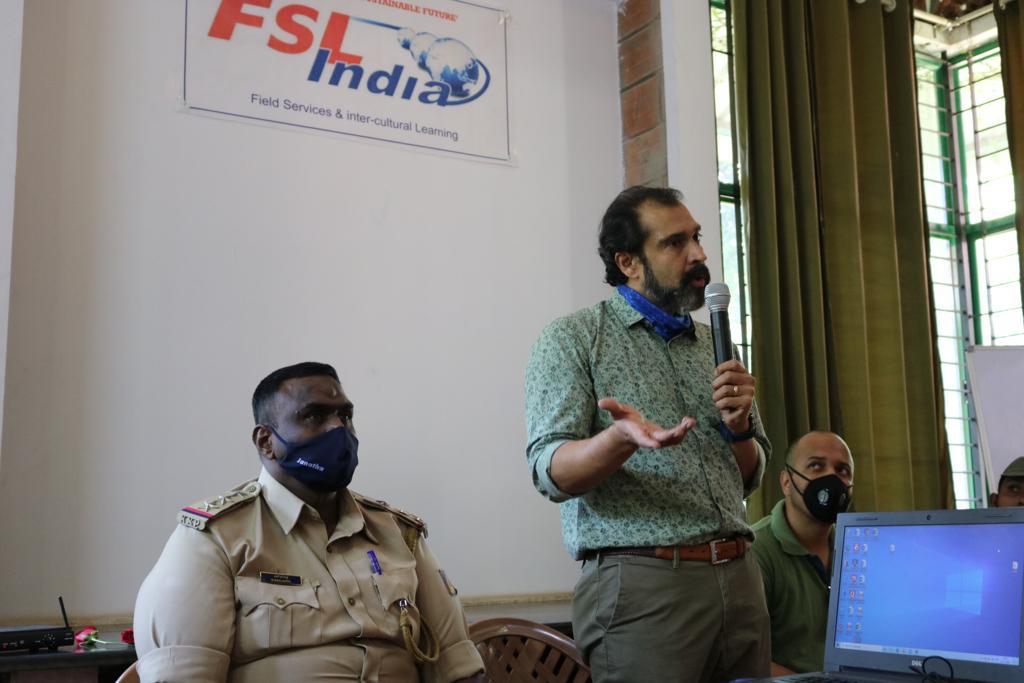
Mr. Prabhakar Kulal, RFO from the Forest Department appreciated the work done by FSL India in conserving the Sea turtles along the coastal area with the support of an active network of Contact Persons. He also mentioned that it helps the Forest Department personnel to gain first-hand knowledge by working closely with a grassroots organization like FSL India.
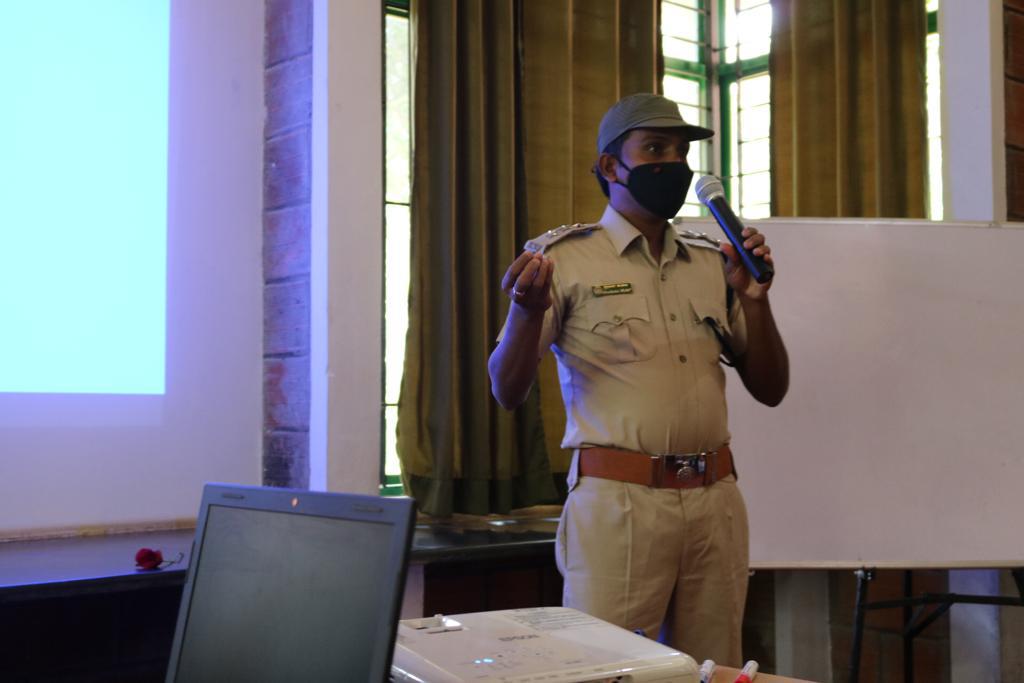
Mr. Nanjappa, Coastal Security Police Inspector, assured the department’s support in protecting the beaches, Marine life and the fisherman community.
Dr. Shantanu, from Reef Watch explained about the importance of promoting awareness among the public about Sea Turtles, Dolphins, indiscriminate fishing practices and dumping waste into water bodies. He suggested installation of sign boards, distribution of hand bills at the harbour, beaches and public places. He has also suggested to display pictures of injured sea turtles which will help in data collection that can be shared with relevant Government authorities to enable policy changes.
An Open Forum was held where all the participants were given an opportunity to share their experiences, concerns and ideas for the future. One of the major concerns raised by the fishermen was on deep-sea fishing, light and trawler boat fishing which affects the sea turtles.
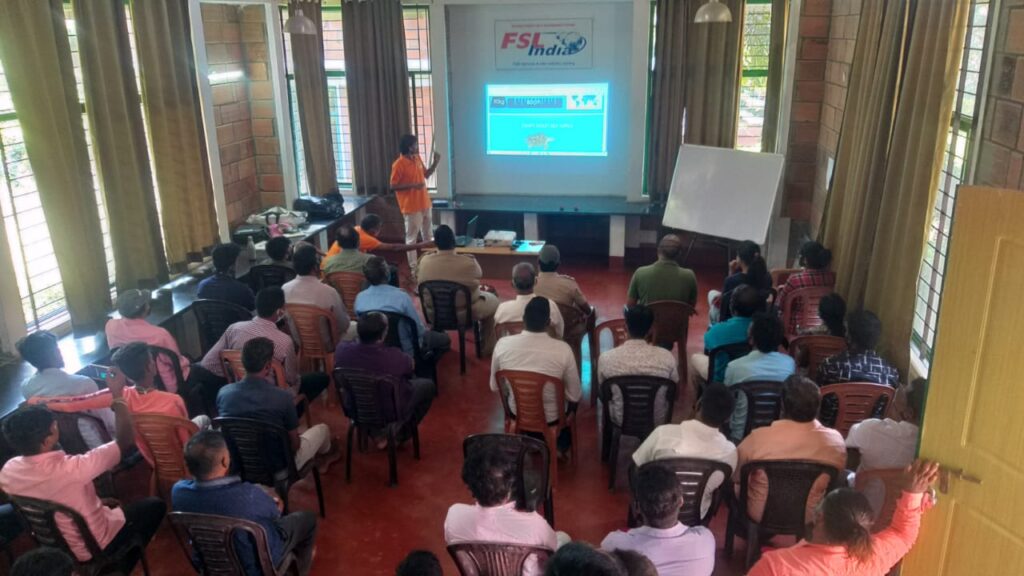
The key outcomes and recommendations from the Workshop are:
- Share information and awareness on conservation of Sea Turtles through Police Awareness Channel No. 6.
- Start a WhatsApp group with all stakeholders as participants for effective communication and information sharing.
- Temporary forest guard ID cards to be given to field staff through Forest Department.
- The Open forum proposed awareness workshops at cluster level.
- The participants agreed to actively participate in Beach cleaning activities, Building Turtle Hatcheries, Spread awareness wherever turtle nests are found as per the direction of the Forest department.
- Caution boards to be displayed at strategic locations.
- Stickers to be pasted along the 60 km coastal stretch.
- Identify a Sea Turtle Treatment Unit close to the beach location to treat wounded turtles instantly. It was also proposed to arrange Wireless awareness message from the Coastal department to enable the fishermen to be aware of treatment procedures at mid-sea and bringing the injured turtles safely to the shore.
- The fishermen will take pictures of the injured turtle on the spot, to enable Reef Watch to track and arrange for treatment and to inform the relevant officials.
